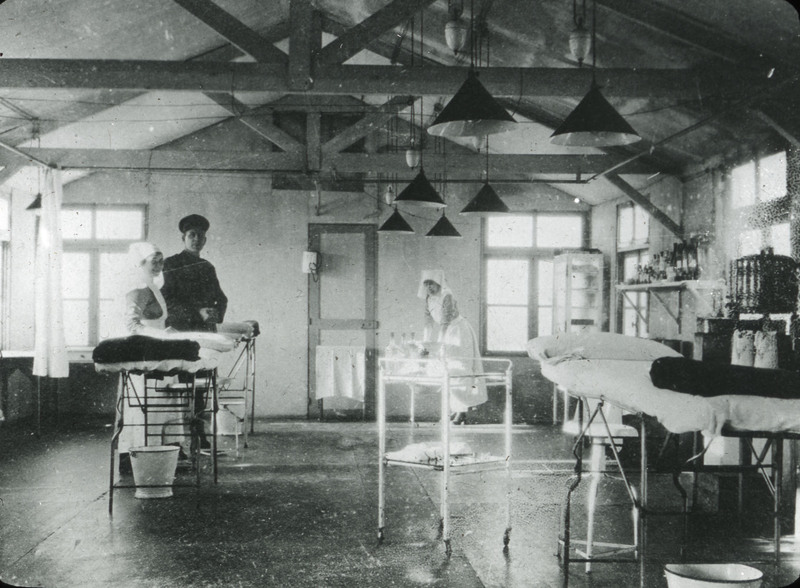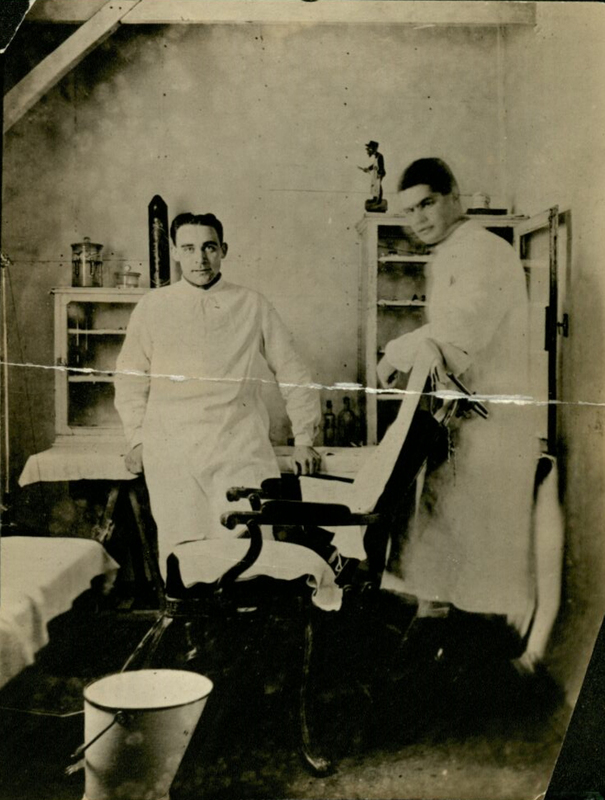The Value of Experience
In March 1917, Forrest Fay Pike (1874-1961) returned to Boston after a sojourn with the Harvard Surgical Unit. He assessed the value of its work for the Harvard Crimson with an eye to preparations for America’s entry into the conflict:
There is no doubt whatsoever that the Harvard Surgical Unit is doing wonderful work in the base hospitals with the British Expeditionary Force in France, and they are looked up to by the other hospitals on this account. One thing that has impressed me greatly is the fact that those who have gone over to Europe have had an experience that is going to make them valuable men to this country in case of war. These men have had an immense amount of routine work, absolutely necessary to a hospital, and only doctors who have had such experience will be able to organize the hospital work if the United States sends an expeditionary force to Europe. The British have found certain lines necessary to conduct hospitals and experience has weeded out the superfluous and taught the necessary. The men who have served over there have carried on hospitals along such lines and that alone makes them valuable men.
While members of the Harvard Surgical Unit could have been transferred to the U.S. Army once America entered the war in April, the majority of its personnel chose to continue as part of the British Army. The Unit would remain with the British Expeditionary Force until January 8, 1919.
At one point in March 1918, the Unit treated 1200 patients in a 24 hour period. By the end of the conflict, No. 22 General Hospital, the so-called "Harvard Hospital", had treated over 150,000 wounded soldiers.


